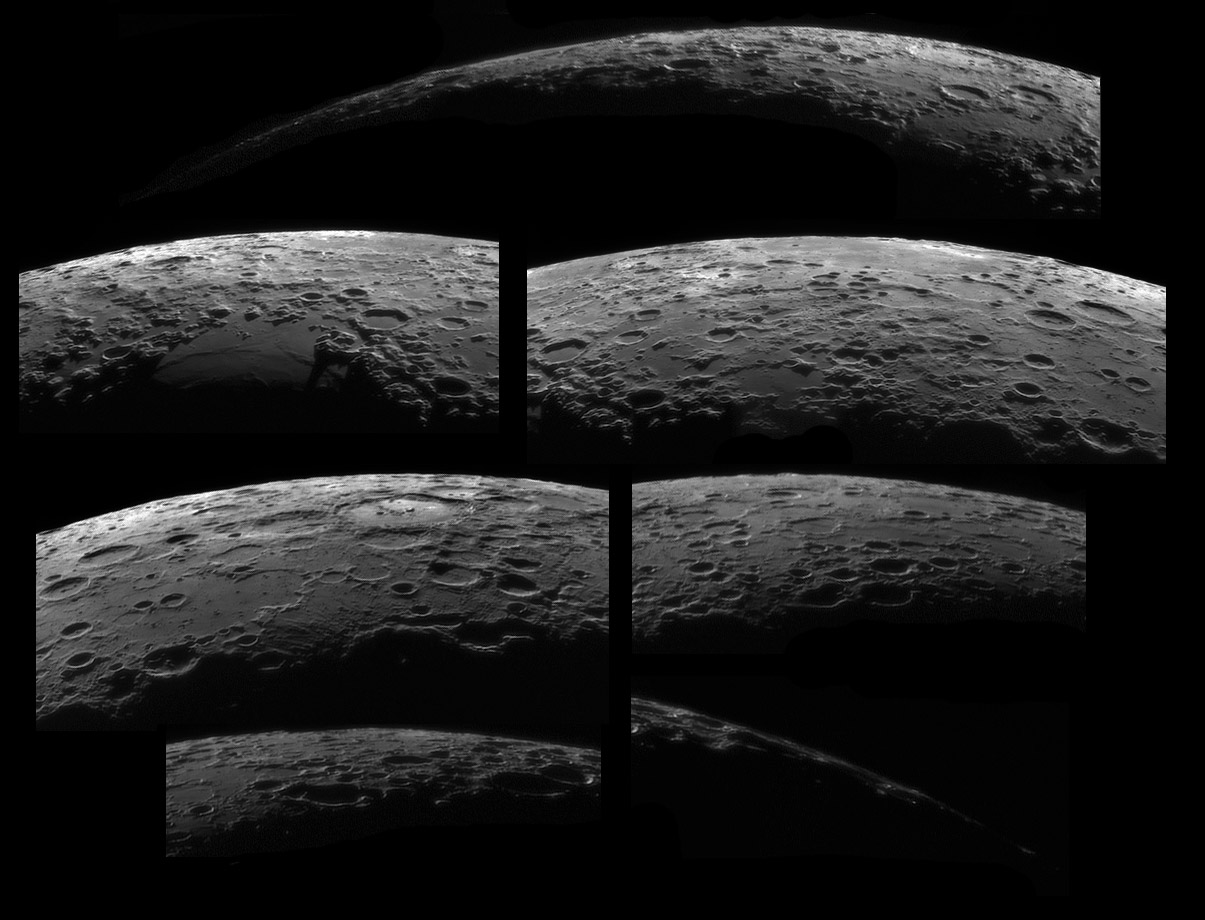|
|
| (5 intermediate revisions by the same user not shown) |
| Line 1: |
Line 1: |
| | __NOTOC__ | | __NOTOC__ |
| | =Repackaging the Moon= | | =Repackaging the Moon= |
| | + | <!-- Start of content --> |
| | + | <div class="post" id="post-1066"> |
| | | | |
| − |
| + | <div class="storycontent"> |
| − | <div class="post" id="post-1066">
| + | <p>[[File:LPOD-April21-Lammel.jpg|LPOD-April21-Lammel.jpg]]<br /> |
| − |
| |
| − | <div class="storycontent">
| |
| − | <p>[[File:LPOD-April21-Lammel.jpg|LPOD-April21-Lammel.jpg]]<br />
| |
| | <em>image by [mailto:slamm@blueyonder.co.uk Stefan Lammel], Uxbridge, England</em></p> | | <em>image by [mailto:slamm@blueyonder.co.uk Stefan Lammel], Uxbridge, England</em></p> |
| | <p>The crescent Moon is poorly configured for layout on a computer screen. It is vertical and thin, with lots of wasted space on either side. If reproduced at large scale, the image takes too much scrolling to see it all, and if reduced to one screen height it loses the detail that makes it interesting. LPOD has now solved this problem of the crescent Moon’s poor height-to-width ratio by rationally repackaging it to fit modern monitors. There is overlap, even if slight, between each section, and it is easy to see the main features and even some of the more obscure ones. For example, can you locate these (from top to bottom): the Geminus-Berosus rim of the Crisium Basin, two mare ridge inner rings of that basin, Mare Smythii, Petavius ejecta, Lyot’s smooth surface, and Gill’s inkspot of nothingness? The <em>S&T Field Map of the Moon</em> is a great resource to find these features. </p> | | <p>The crescent Moon is poorly configured for layout on a computer screen. It is vertical and thin, with lots of wasted space on either side. If reproduced at large scale, the image takes too much scrolling to see it all, and if reduced to one screen height it loses the detail that makes it interesting. LPOD has now solved this problem of the crescent Moon’s poor height-to-width ratio by rationally repackaging it to fit modern monitors. There is overlap, even if slight, between each section, and it is easy to see the main features and even some of the more obscure ones. For example, can you locate these (from top to bottom): the Geminus-Berosus rim of the Crisium Basin, two mare ridge inner rings of that basin, Mare Smythii, Petavius ejecta, Lyot’s smooth surface, and Gill’s inkspot of nothingness? The <em>S&T Field Map of the Moon</em> is a great resource to find these features. </p> |
| Line 14: |
Line 13: |
| | <p><strong>Related Links</strong><br /> | | <p><strong>Related Links</strong><br /> |
| | [http://www.pbase.com/slammel/image/77453362/original Stefan’s original image]</p> | | [http://www.pbase.com/slammel/image/77453362/original Stefan’s original image]</p> |
| − | <p><i>You can support LPOD when you buy a lunar book or ANY book from Amazon thru [[LPOD]]</i></p> | + | <p><b>Yesterday's LPOD:</b> [[April 15, 2007|From UK by Way of Nicaragua]] </p> |
| − | </div>
| + | <p><b>Tomorrow's LPOD:</b> [[April 22, 2007|Setting]] </p> |
| − |
| + | <!-- Removed reference to store page 2 --> |
| − | | + | </div> |
| − | ---- | + | <!-- End of content --> |
| − | ===COMMENTS?===
| + | {{wiki/ArticleFooter}} |
| − | Click on this icon [[image:PostIcon.jpg]] at the upper right to post a comment.
| |




